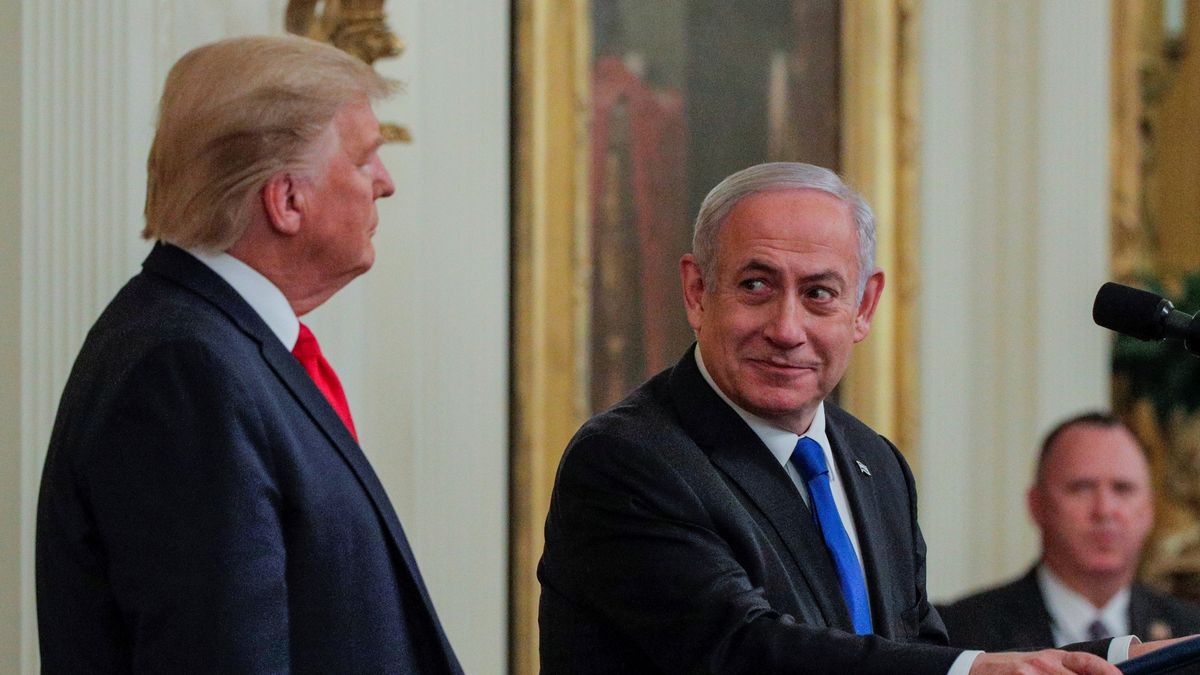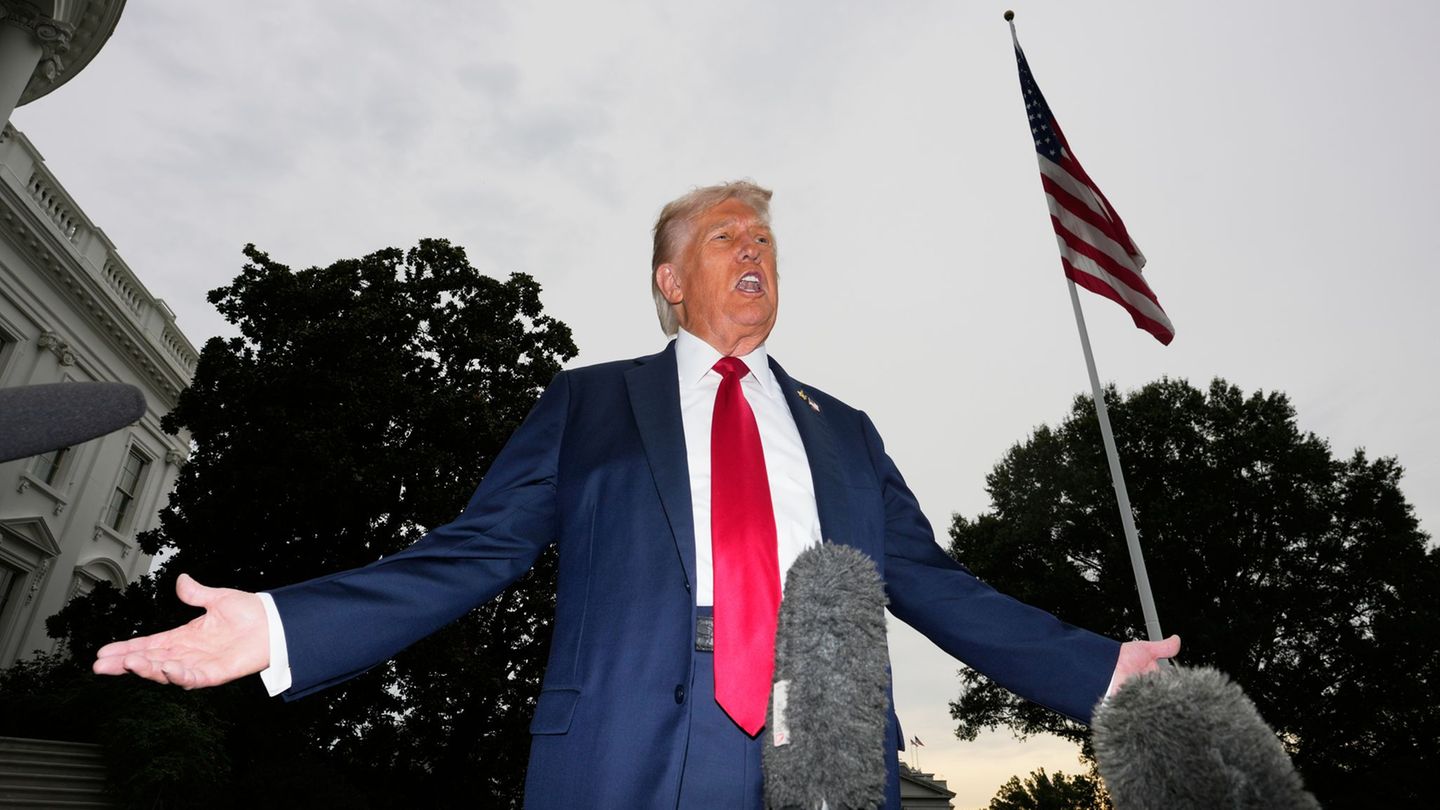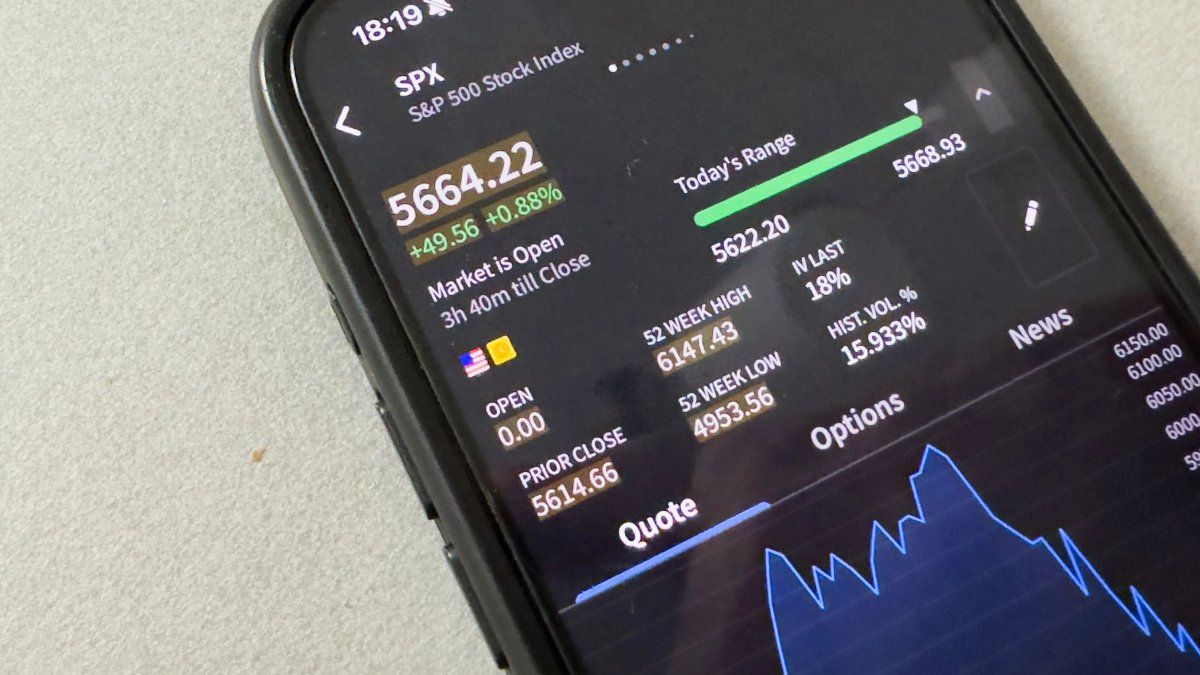The rail strike has ended for the time being, passengers were largely able to rely on the normal timetable again on Wednesday. The only question is how long that will last.
For Deutsche Bahn passengers, the risk of strikes has not been averted after the train drivers’ union GDL has walked out. GDL boss Claus Weselsky held out the prospect of further labor disputes on Wednesday if the railway did not present an improved tariff offer.
For now, however, the train is going according to plan. The second strike of the month ended on Wednesday night. Meanwhile, the rail board announced that it would forego its bonuses due to the difficult financial situation. However, new negotiations in the collective bargaining conflict are not in sight.
“The rail traffic started largely normally on the morning after the GDL strike,” said the railroad. “The stations are filling up, the trains are filling up.” In long-distance and regional traffic as well as on the S-Bahn, the entire timetable should apply again.
Assessments of the strike varied. “The GDL top did not achieve their actual strike goal during the second strike, namely to expand their sphere of influence,” said a railway spokesman. In maintenance, workshops and infrastructure companies, very few employees would have stopped work.
According to Deutsche Bahn figures, a total of almost 8,500 employees took part in the strike. The GDL spoke on Wednesday of more than 10,000 strikers throughout the period of the industrial action.
GDL boss Weselsky rated the second round in the labor dispute as a success. “The employer would be well advised not to further challenge the GDL and to downplay the effects.”
In any case, the number was enough to paralyze around 70 percent of long-distance and 60 percent of regional traffic in Germany. In the east, according to Deutsche Bahn, even more than 80 percent of the trains failed. The GDL threatened further strikes: “The standstill in the improvement of services has already brought trains to a standstill twice in Germany and will continue to do so,” said the union.
In terms of money, the two sides are not that far apart. The union calls for wages and salaries to be increased gradually by a total of 3.2 percent, as well as a corona bonus of 600 euros. The railway also offered 3.2 percent, but wants to extend the tariff levels over a longer period of time. The group once again promised a corona bonus last Sunday, but did not give a specific amount.
On the other hand, questions about the form of the company pension and bonus payments for the board of directors and executives are more controversial. In view of the high financial damage to the group due to the Corona crisis, both the GDL and the Railway and Transport Union (EVG) are demanding that management also tighten their belts.
Around 18,000 Deutsche Bahn employees receive variable remuneration components such as year-end benefits and profit sharing, not just top managers. For many of them, this is part of the collective bargaining agreement.
Regardless of the demands of the union, it became known on Wednesday that railway boss Richard Lutz and the other corporate boards were foregoing bonuses for the year 2021. This emerges from a letter from the board of directors to supervisory board chairman Michael Odenwald, which is available to the German press agency.
The top managers are complying with a request from the Bundestag budget committee. The parliamentarians had demanded the waiver in return for planned billions in aid for the railway. There was also such a waiver for 2020.
In November, the railway announced that it would not increase the salaries of around 5,500 senior executives and non-tariff employees this year either; these employees receive part of their remuneration in the form of a profit-sharing scheme. According to the group management board, this could save a total of 180 million euros this year, compared to 194 million euros in the previous year.
EVG boss Klaus-Dieter Hommel called the waiver of bonuses by the corporate board a step in the right direction. However, all board members and management boards would have to forego their variable remuneration. “The entire system of variable and performance-related pay must be thoroughly revised.”
The GDL competes with the larger EVG for members and sees its influence primarily endangered by the Unified Collective Bargaining Act. This stipulates that in companies only collective agreements of the union with the larger number of members are used. From the perspective of the railways, this is the EVG in the majority of the 300 or so companies. The GDL doubts this in several cases and takes legal action against this determination.
Jane Stock is a technology author, who has written for 24 Hours World. She writes about the latest in technology news and trends, and is always on the lookout for new and innovative ways to improve his audience’s experience.




